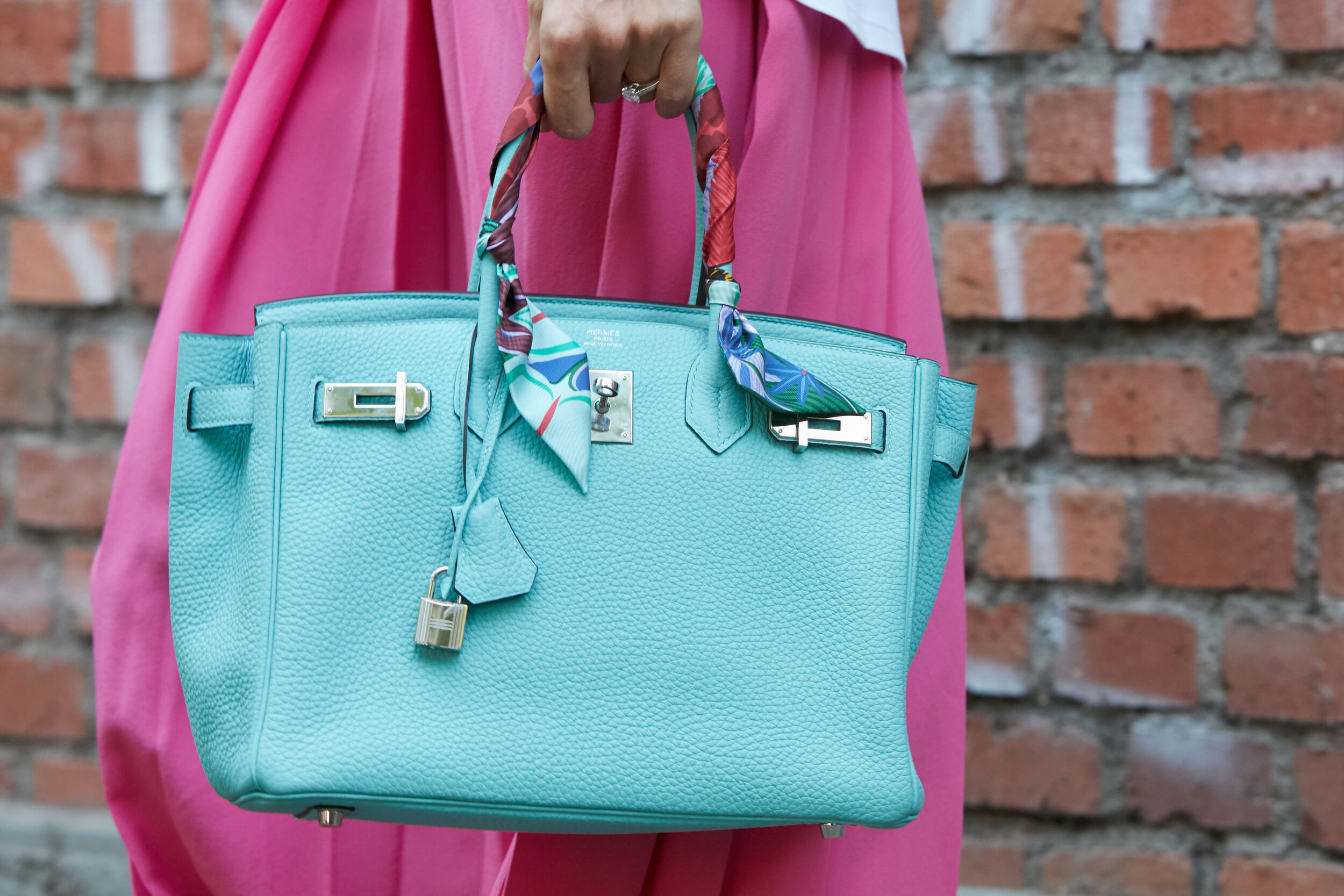LMVH vs. Hermès: A decade of dispute over ownership
Image: Andersphoto from Shutterstock
The ongoing pandemic doesn’t deter Hermès as the world’s most valuable luxury brand. The resale price of Birkin bag went up during the pandemic. While its reputation remains indisputable, the public might not be aware of its feud with another renowned luxury group that owns Louis Vuitton, Christian Dior and Fendi, LVMH.
The feud between both conglomerates was made public a decade ago when LVMH announced it had acquired 14.2% shares in Hermès. LVMH had began acquiring shares in Hermès since 2001 through subsidiaries. In 2002, LVMH owned 4.9% of Hermès.
What went on afterwards was endless legal fight until recently, French financial services watchdog revealed how LVMH chairman Bernard Arnault built considerable amount of stakes in Hermès - through Nicolas Puech.
There are three families controlling 70% of Hermès, the Puech, Dumas and Guerrands. The 42-year-old Axel Dumas in January 2013 succeeded Patrick Thomas as CEO. Nadège Vanhée-Cybulski is currently helming the creative division of the 183-year-old company.
Below is the timeline of legal battle between Hermès and LVMH:
2010
Hermès then-CEO Patrick Thomas found out that LVMH had been secretly accumulating Hermès shares over the years. By 2010, LVMH owned 14.2% of Hermès through its subsidiaries. Once the company converted certain derivative instruments of Hermès, it would own a total of 17.1%.
LVMH bought Hermès shares at an average price of $80.5 per share. Meanwhile, Hermès shares had been publicly traded for $100 and above. There were speculations that LVMH could have purchased the shares from family members or other shareholders.
The move also prompted French financial watchdog Autorité des marchés financiers (AMF) to investigate LVMH’s acquisition. Families controlling majority of Hermès set up private holding company and pooled in 50.2% of Hermès shares. It gave them right to refuse any family members from selling their shares.
2011
AMF prohibited LVMH from acquiring Hermès’ shares through minority shareholders. However, LVMH in December told the press it had increased its stake in Hermès from 21% to 22.6%.
2012
Hermès filed complaint against LVMH for secretly building up ownership in Hermès. LVMH had reportedly owned 22.6% shares in Hermès with 16% voting rights. LVMH filed complaint against Hermès for blackmail, slander and unfair competition.
2013
LVMH was fined $13.2 million for not disclosing information regarding the increase of ownership in Hermès to the public. AMF said LVMH should have informed the market in 2008, 2009 and 2010 about its acquisition as it would impact the share prices.
LVMH continued to increase its stake in Hermès from 22.6% to 23.1% - later corrected to 23.2%.
2014
LVMH agreed to distribute 23.2% shares in Hermès to its shareholders and it would not acquire Hermès shares in five years. LVMH, Dior and Groupe Arnault owned 8.5% shares in Hermès after the distribution. The distribution was completed in December.
Groupe Arnault is a principal investment firm owned and controlled by Arnault himself. The firm seeks to hold stake in companies.
Several analyst believed Hermès would have benefited from LVMH, but Axel Dumas argued that both companies had different values and culture. The families would like to keep Hermès as a family-run business.
2017
In April, Groupe Arnault announced that it had swapped the last equity of Hermès to buy out minority shareholders of Christian Dior. Prior to the acquisition, LVMH has already owned Parfums Christian Dior. Groupe Arnault then sold Christian Dior to LVMH.
During the process, the Arnault family also tightened its grip on LVMH, increasing their ownership from 36% to 46%. LVMH reuinted Christian Dior’s perfume and cosmetics divisions with its recently acquired fashion and couture divisions.
2020
AMF revealed that Nicolas Puech was the one who sold Hermès shares to Arnault. According to the investigators, Puech hasn’t owned 5.8% of shares since 2012. Puech’s legal counsel denied the findings, asserting his client never sold 5.8% of his shares in Hermès. His wealth manager, Eric Freymond, is currently under investigation for Puech’s shares disclosure in 2013 and 2014.
When the families behind Hermès created private holding in 2010 to prevent ‘hostile takeover’ from LVMH, Puech was the only one who refused to join the holding. After the dispute was settled in 2014, he stated that Arnault’s investment was not a serious threat to Hermès.

